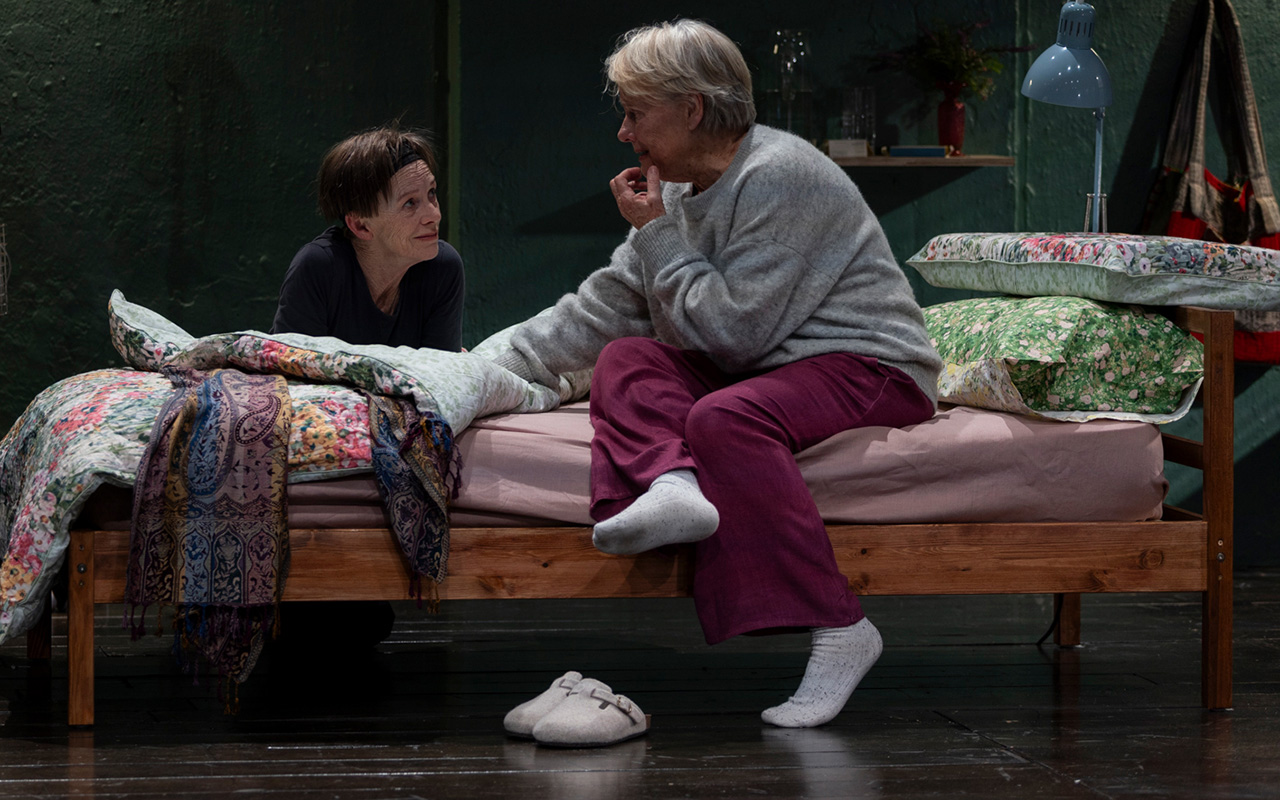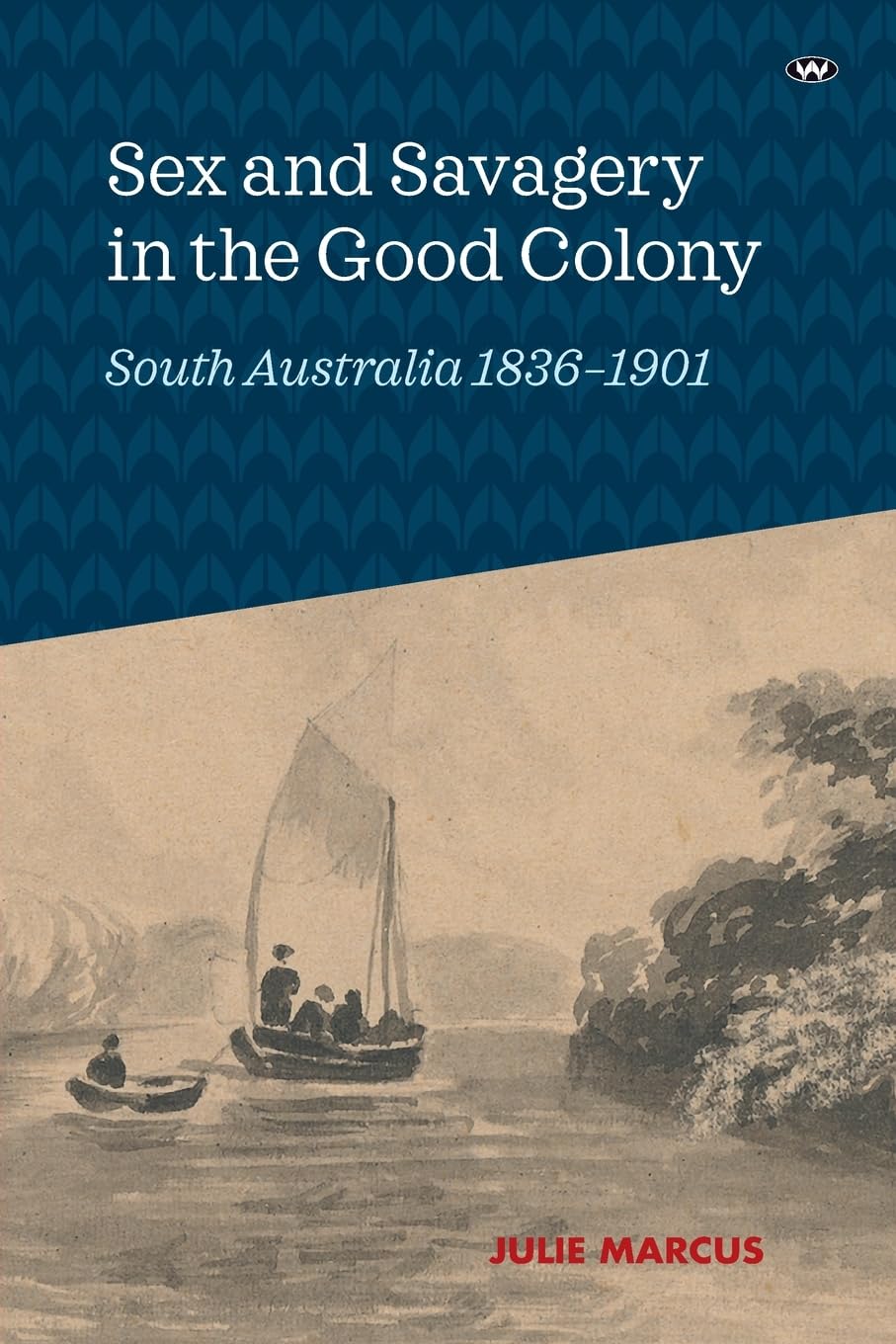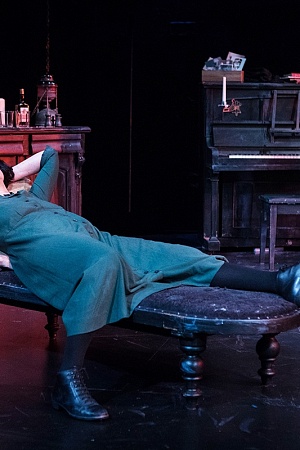The Spare Room

Long before the concept of autofiction entered the conversation, Helen Garner was confronting the messy chaos of existence in a manner that managed to be at once analytical and empathetic. In novels like Monkey Grip (1977) and in-depth reporting like This House of Grief (2014), she balanced her clear-eyed observation of facts with an almost clinical dissection of her feelings arising from them. This is particularly true of her 2008 novella, The Spare Room. Like several of her other novels, it is based on an episode in her life. Garner has claimed: ‘Maybe my right place to work is down a fissure between fiction and whatever the other thing is. Down a crack.’ Here she questions the limits of love when confronted with the immanent inevitability of death.
Continue reading for only $10 per month. Subscribe and gain full access to Australian Book Review. Already a subscriber? Sign in. If you need assistance, feel free to contact us.











Leave a comment
If you are an ABR subscriber, you will need to sign in to post a comment.
If you have forgotten your sign in details, or if you receive an error message when trying to submit your comment, please email your comment (and the name of the article to which it relates) to ABR Comments. We will review your comment and, subject to approval, we will post it under your name.
Please note that all comments must be approved by ABR and comply with our Terms & Conditions.